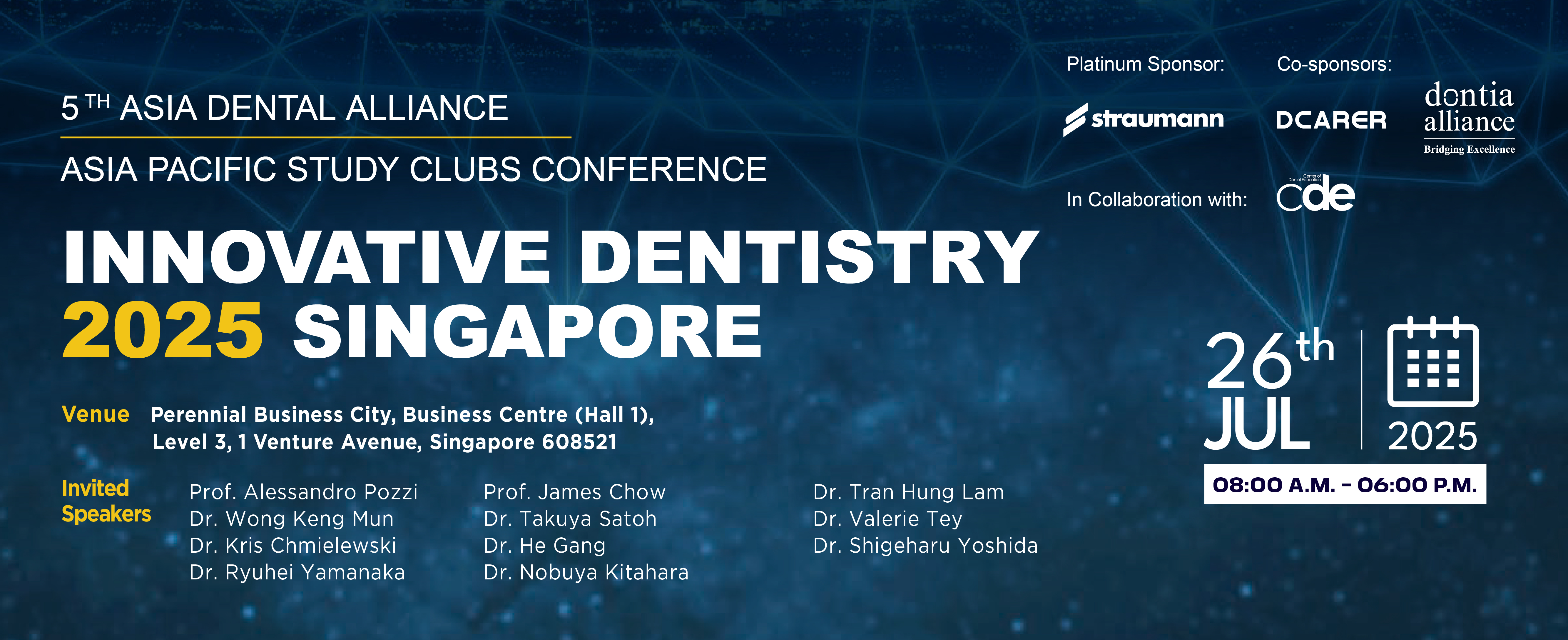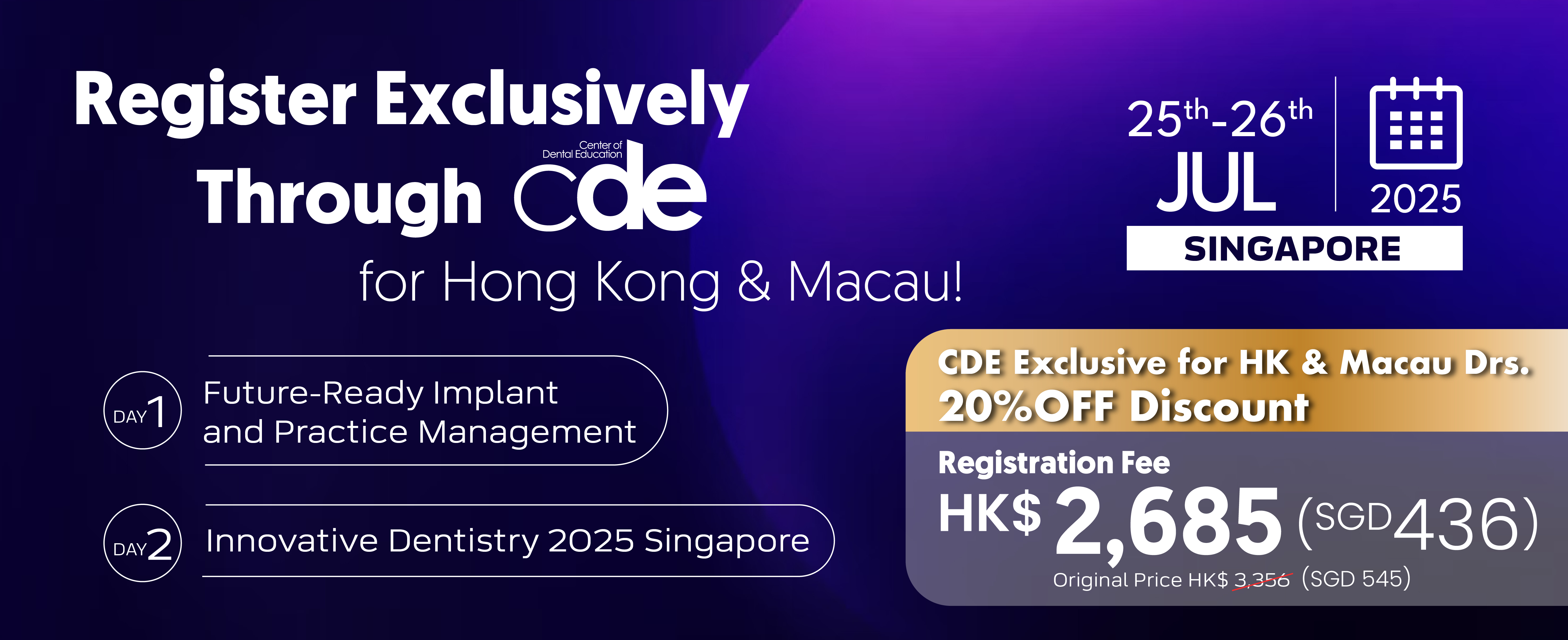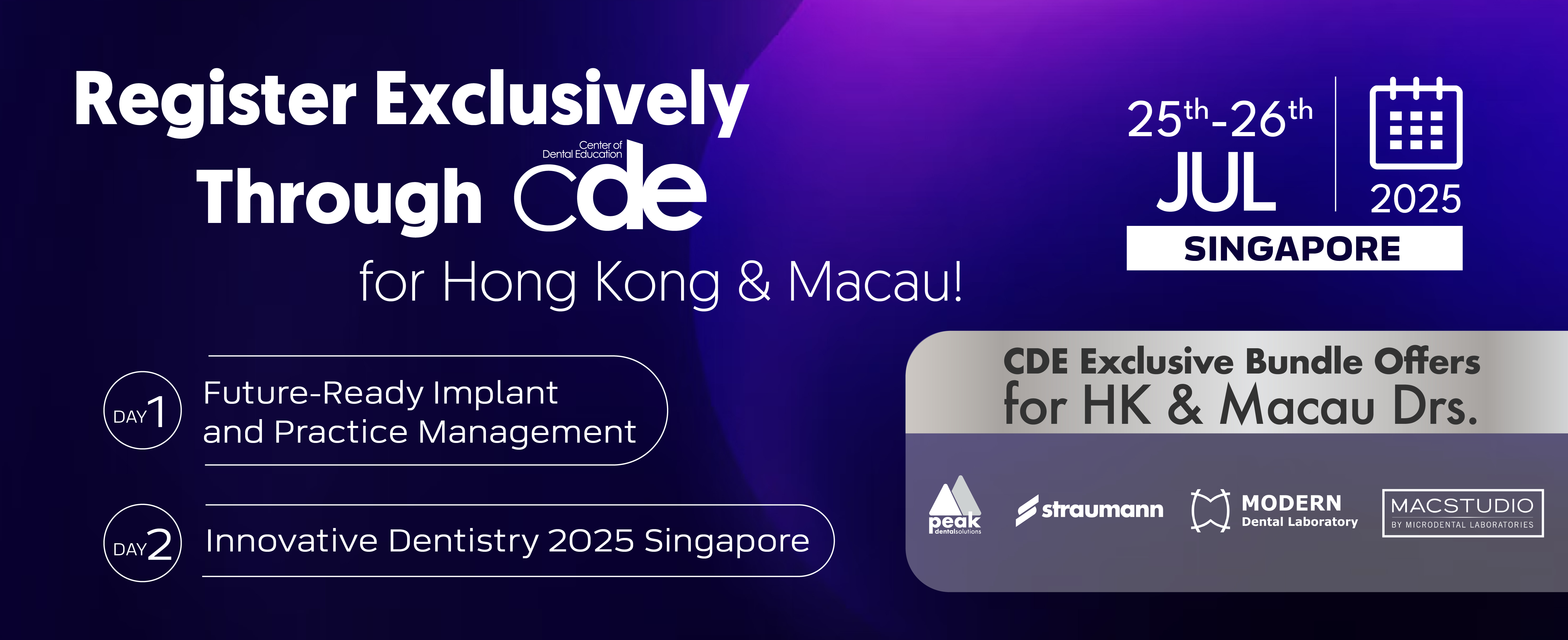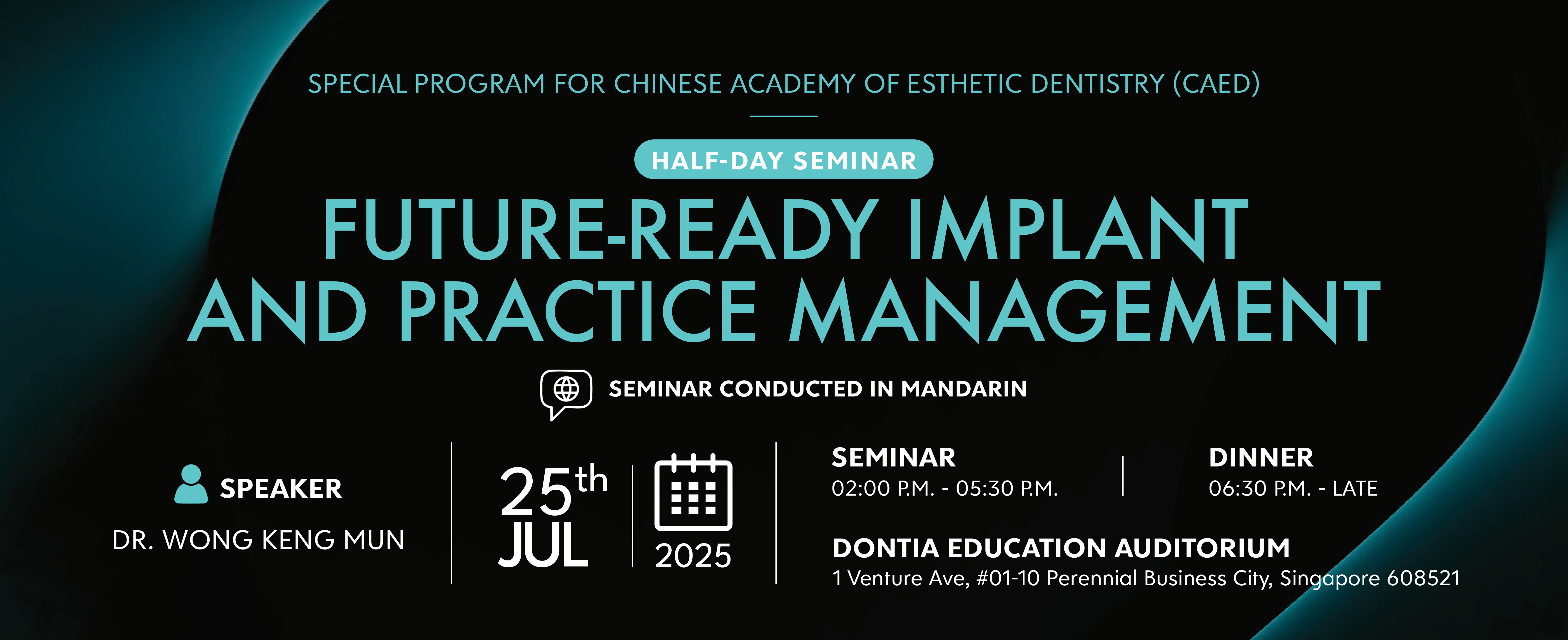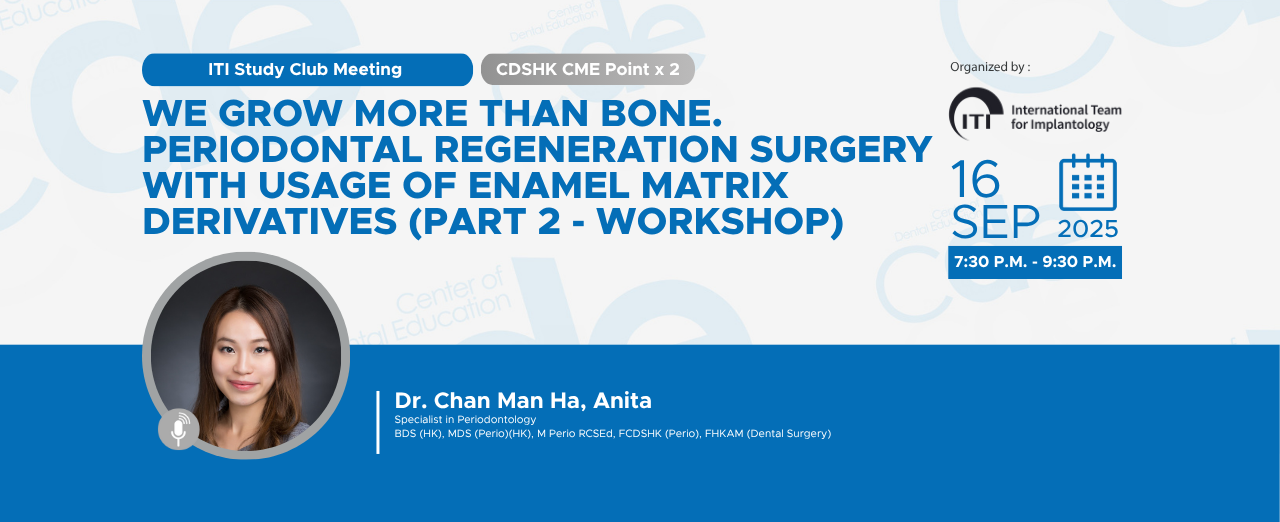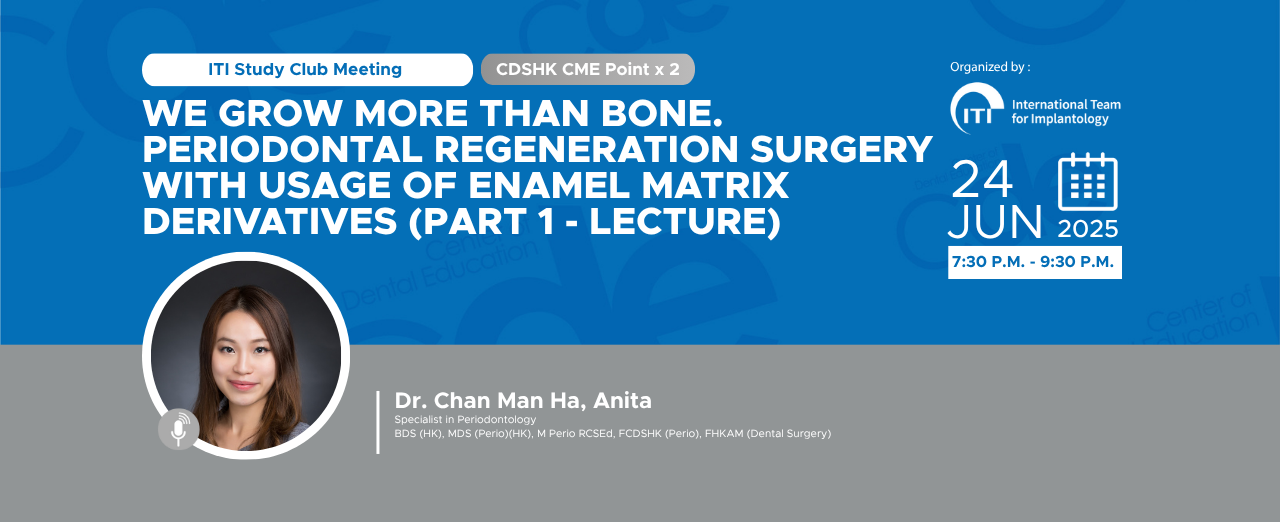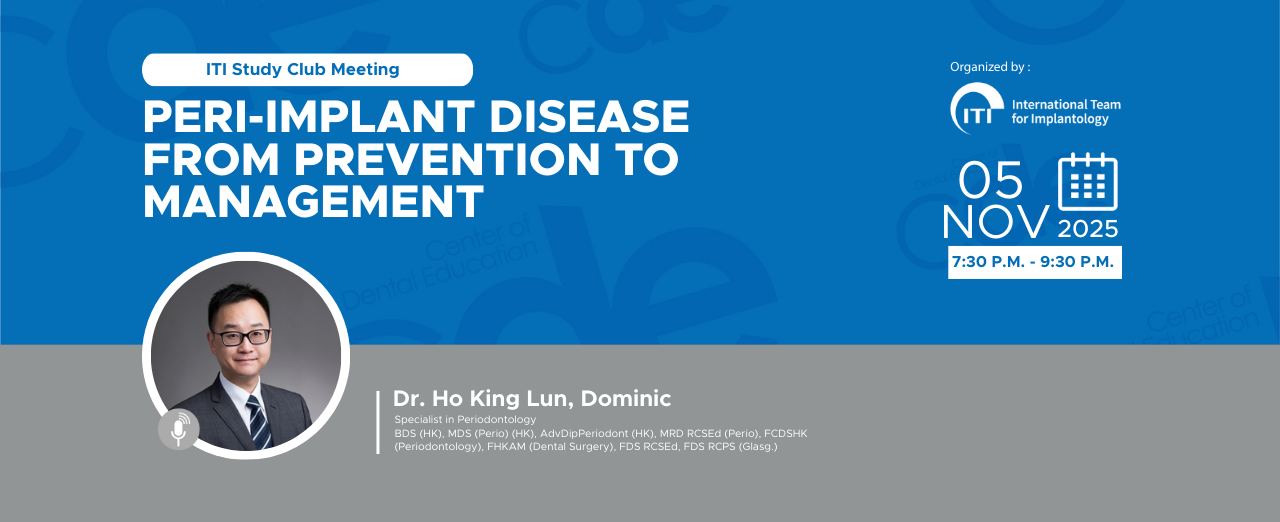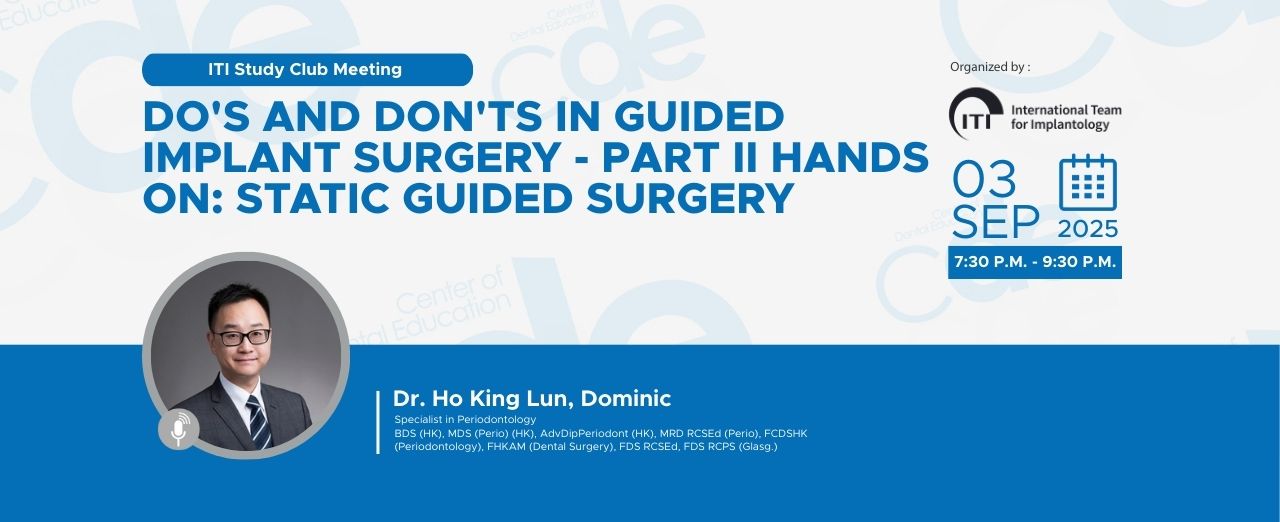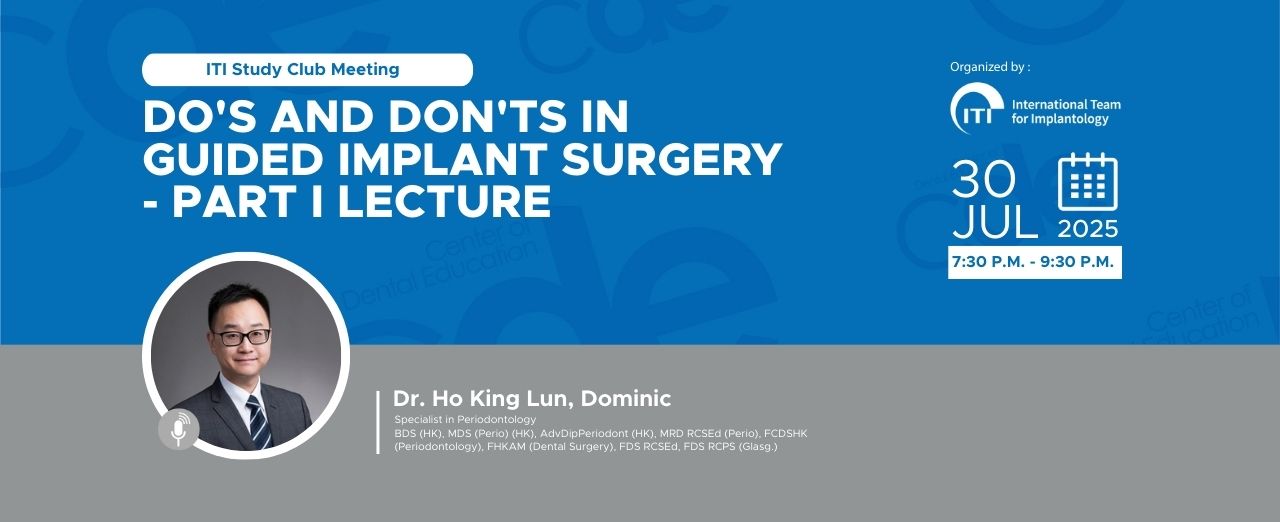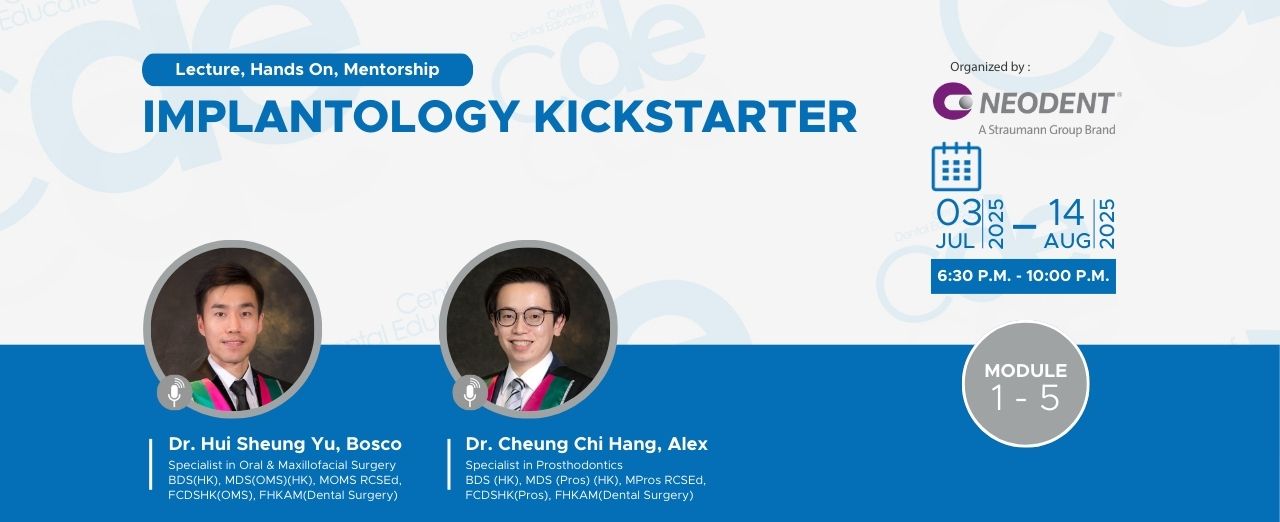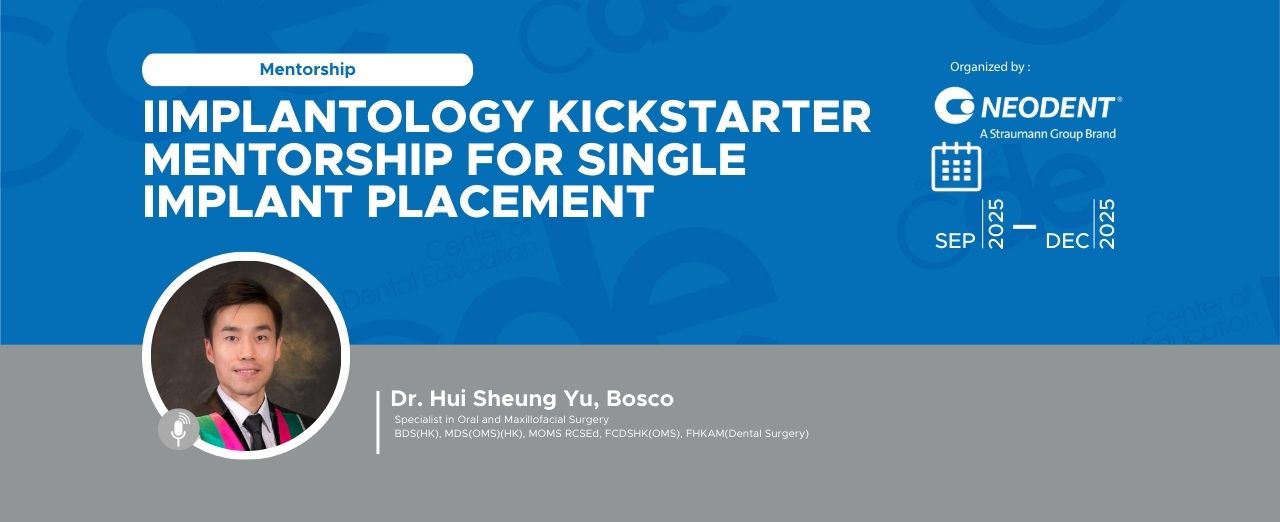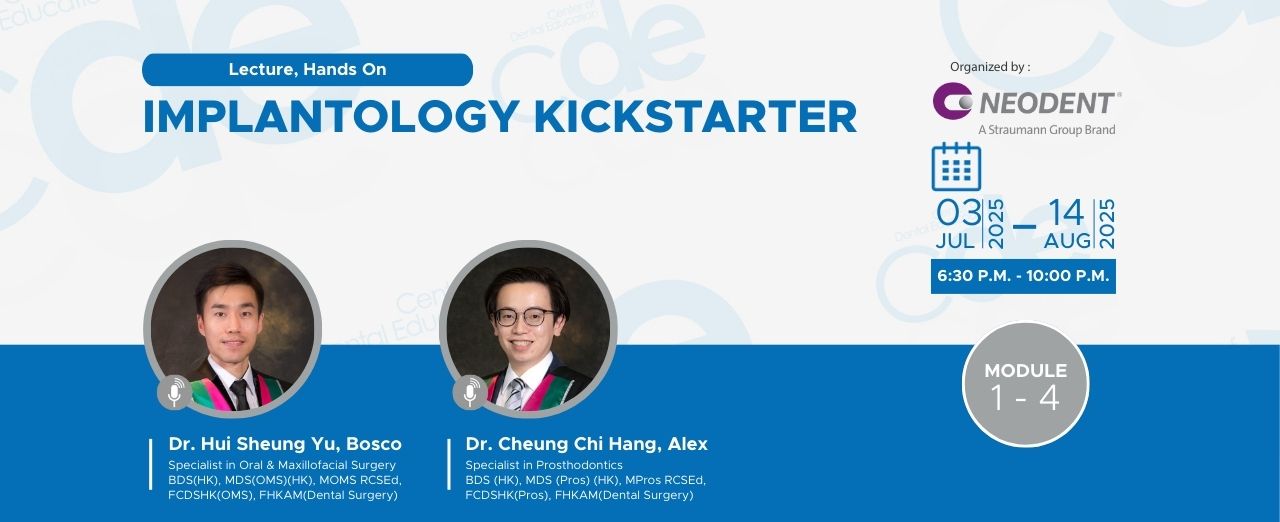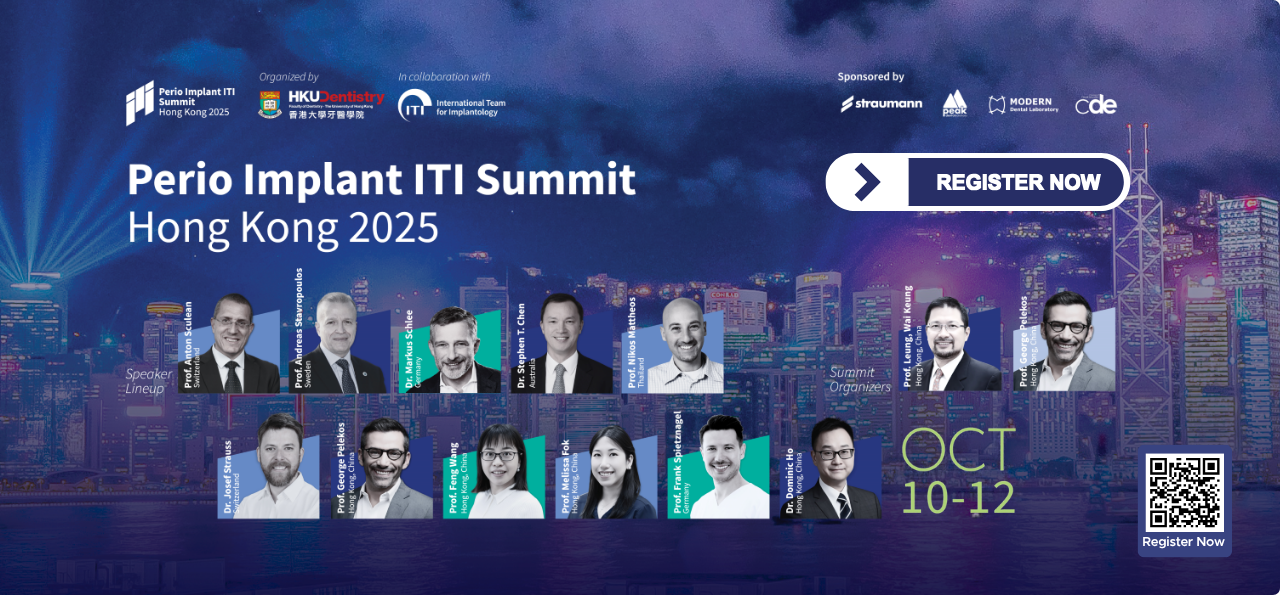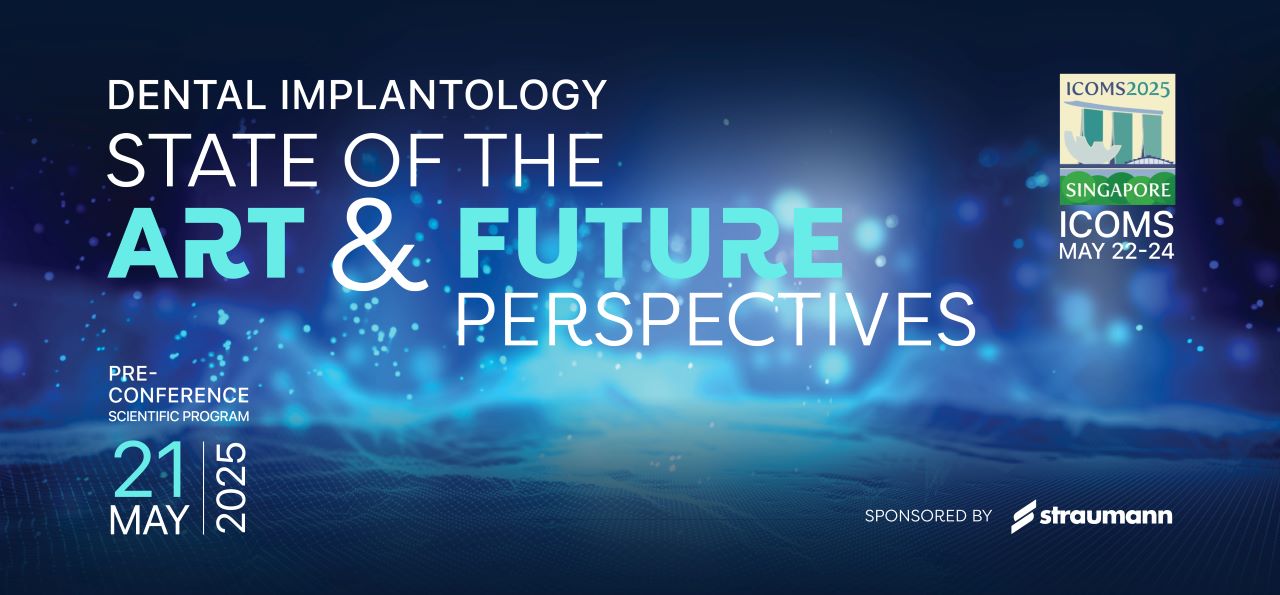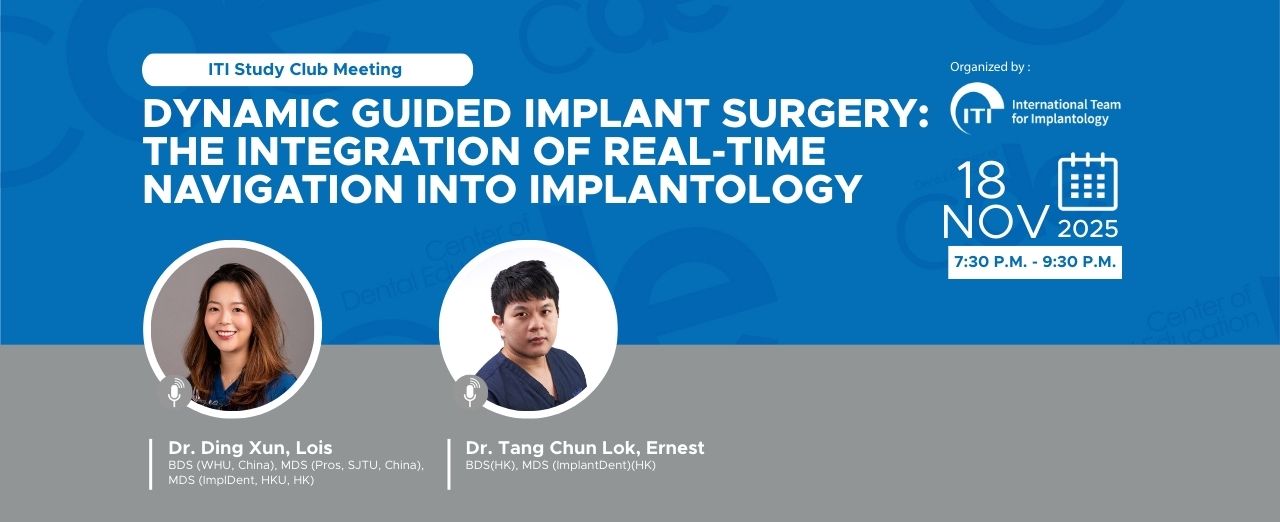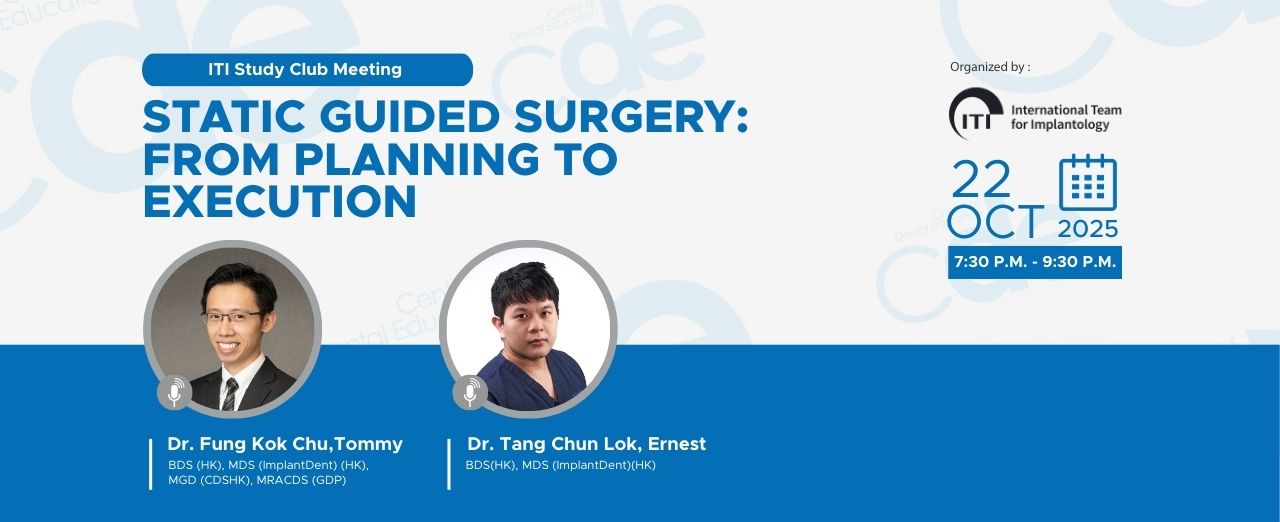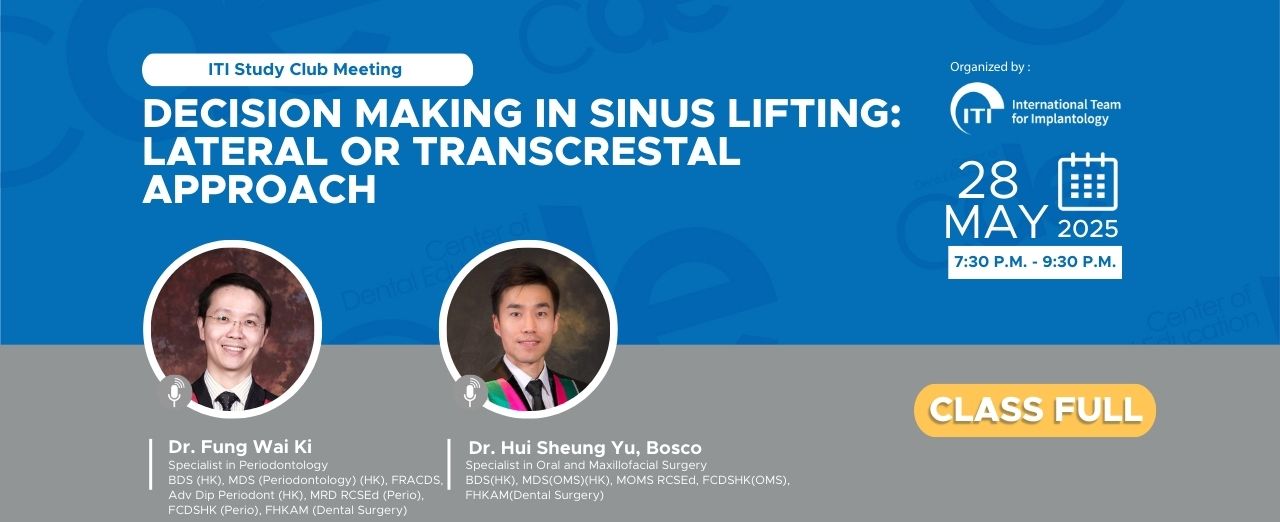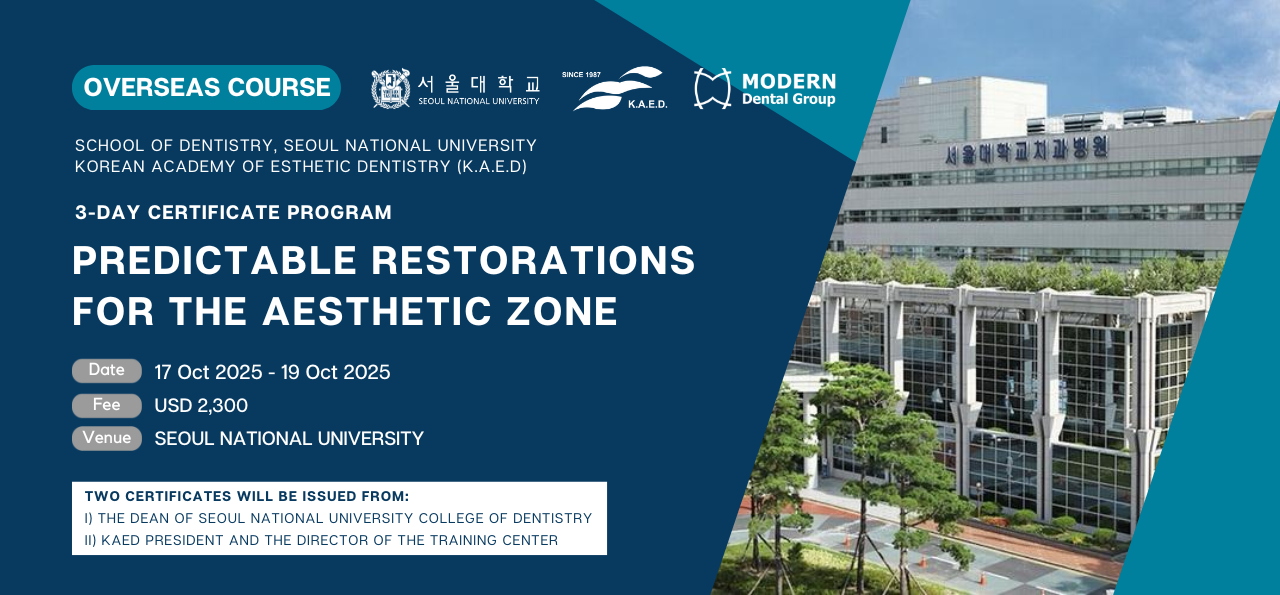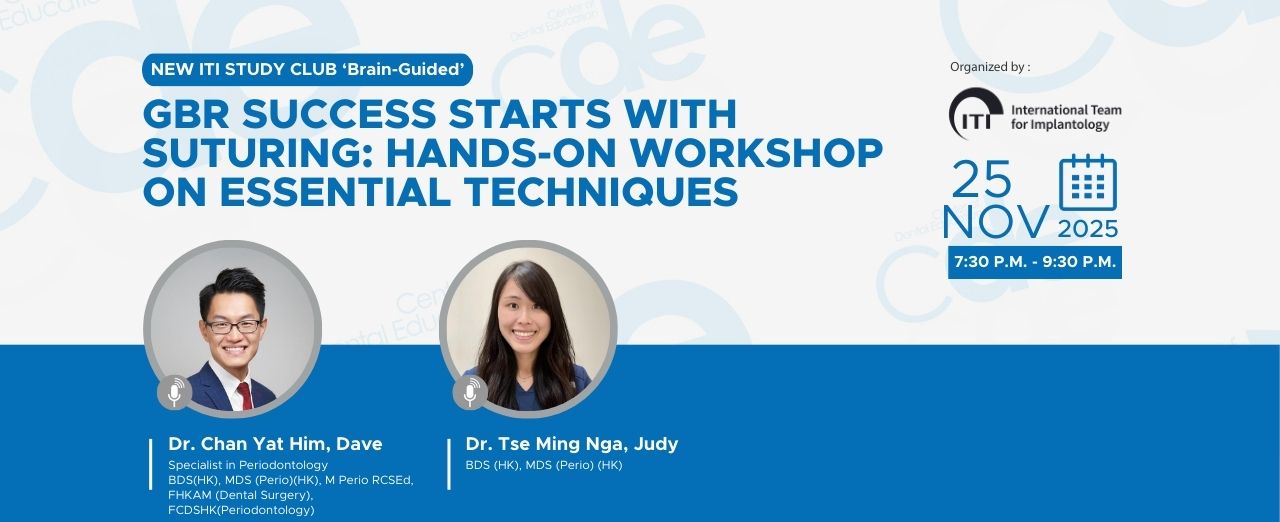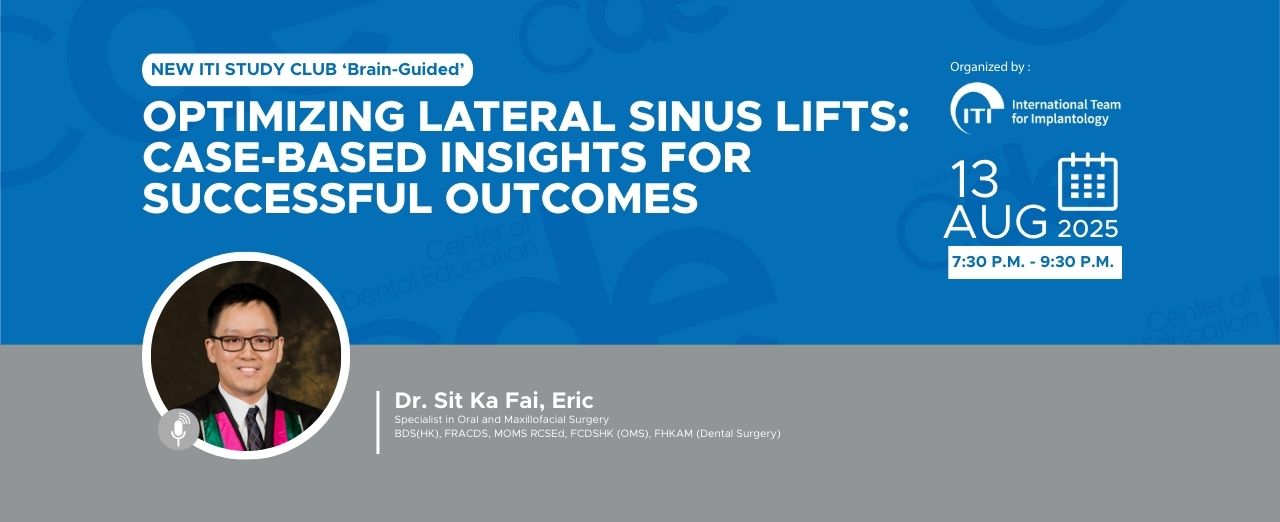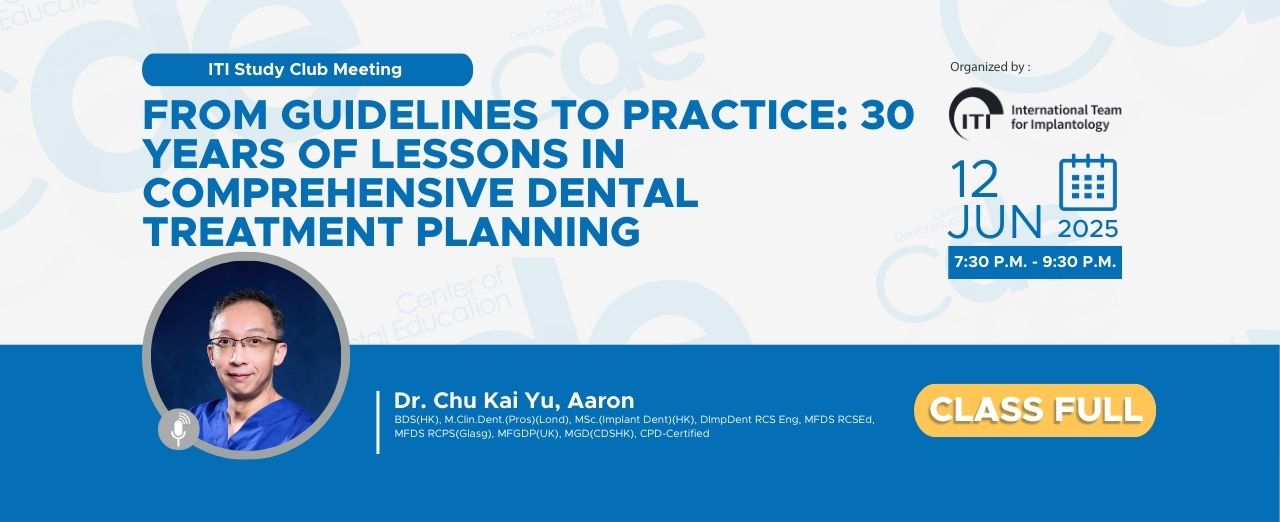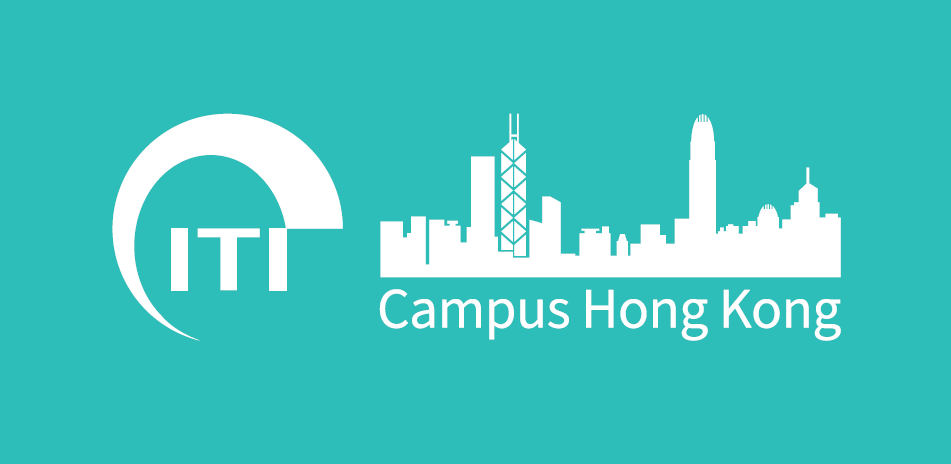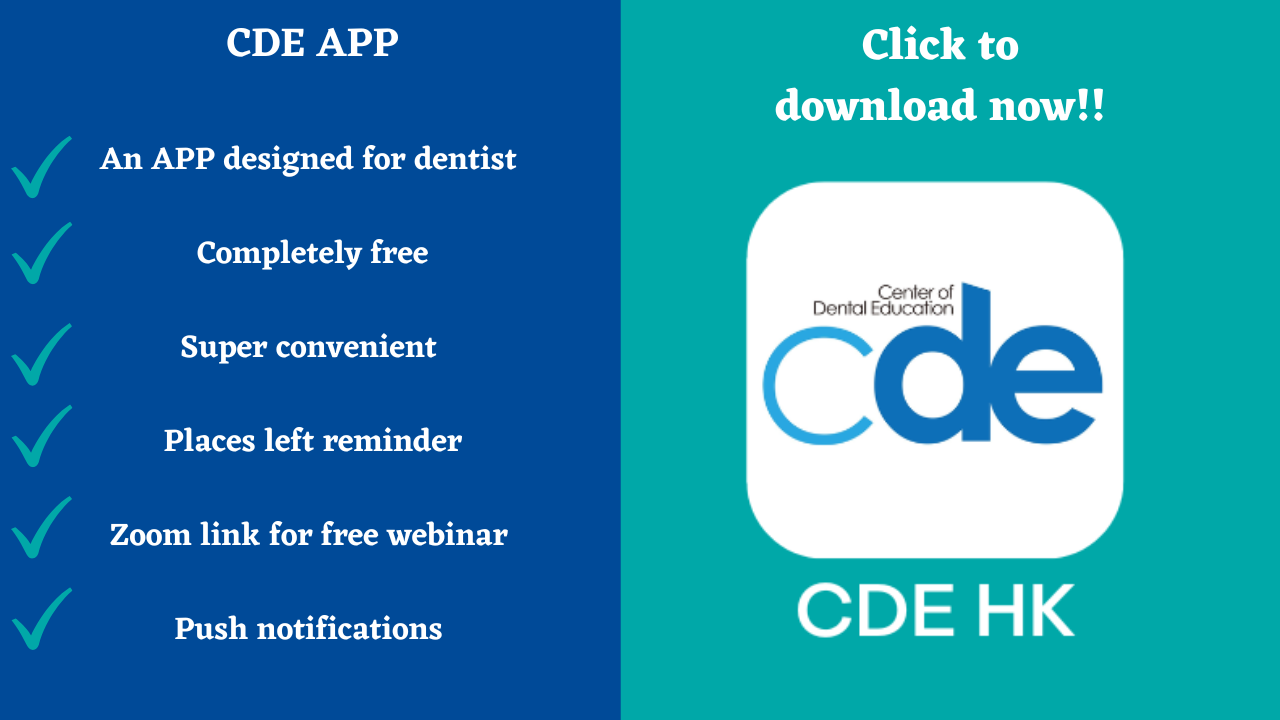ITI FORUM 2023 – The Digital Implant Dentistry: From Planning to Execution
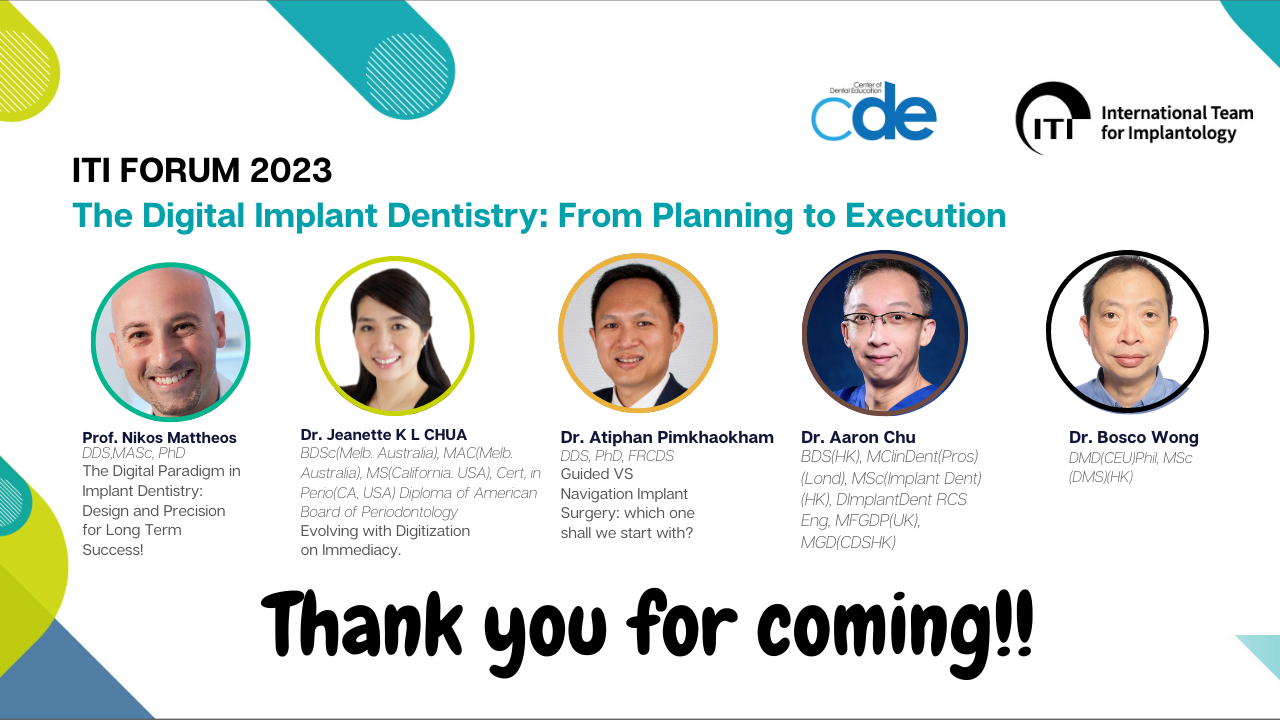
A great comeback for ITI Forum Hong Kong!
On 18th February, ITI Hong Kong staged the
great “comeback”, bringing back on stage local and international speakers to
debate the digital implant dentistry. ITI members and guests enjoyed a
cutting-edge scientific programme and lively panel discussions, but also
friendly chats over a glass of wine and dinner!
Dr. Jeannete Chua, periodontist and ITI fellow from Malaysia opened the forum with two very hot themes in implant dentistry “digitisation” and “immediacy”. Through her very wide clinical experience she reviewed how the digital workflow has really transformed immediacy, and then through many practical examples she presented concrete and solid advice on how to incorporate digital dentistry with focus in immediacy.
Two presentations followed by local ITI members, Dr. Aaron Chu and Dr. Bosco Wong. Dr. Chu presented on his current digital protocols on fully edentulous patients and his journey of learning and growing into the clinical protocols, reviewing best practices and mistakes. Dr. Wong a long-standing ITI fellow and former study club director closed the session with a presentation on his growth into the digital workflow, discussing patient cases but also research evidence illustrating the current level of accuracy and precision with digital implant dentistry.
A lively panel discussion erupted with the audience not shying away from asking some tricky questions! This way the panellists had to share their experience in multiple areas, from feasibility and risks of immediacy in the posterior sites, to tips and tricks of the entire digital workflow.
In the second half, professor Atiphan Pimkhaokham, presented the evolution of computer assisted implant surgery and discussed its place in the digital workflow. Through clinical cases and some cutting edge research, he made a convincing case of what guided surgery can offer today, but also the differences between the two main current techniques: static and dynamic. Although both can help clinicians achieve similar level of accuracy, they utilise different technologies and workflow, thus they offer a different array of indications and limitations. At present, dynamic navigation offers many advantages but comes with the significant start-up cost of the navigation device. As devices become rapidly cheaper however, dynamic navigation might soon enter the mainstream practice and dominate the market of guided surgery.
The closing presentation came from an international-local, Professor Nikos Mattheos, who was obviously delighted to be on stage after having counted 930 days away from Hong Kong! He presented how the new paradigm in implant dentistry is not this of osteointegration and wound healing, but rather the design of a whole new organ, a system where human tissue, mechanical components and bacteria work together to secure long term healthy and sustainable clinical outcomes. In this paradigm we have for the first time the opportunity to envision the whole treatment outcome in detail already from the start and design the intervention steps as well as all components for the individual needs. This potential however comes with great responsibility, as we now need to understand well the impact of our design and how it affects the clinical outcomes in the long term. He then went on to review current research including some of his own yet unpublished data, defining the new principles and guidelines for the design of implant prosthesis and components.
The forum ended late into the Saturday evening, but the innovative presentations and the lively discussions will certainly stay long with all those who attended! Certainly, until the next one, which will be coming again soon!
